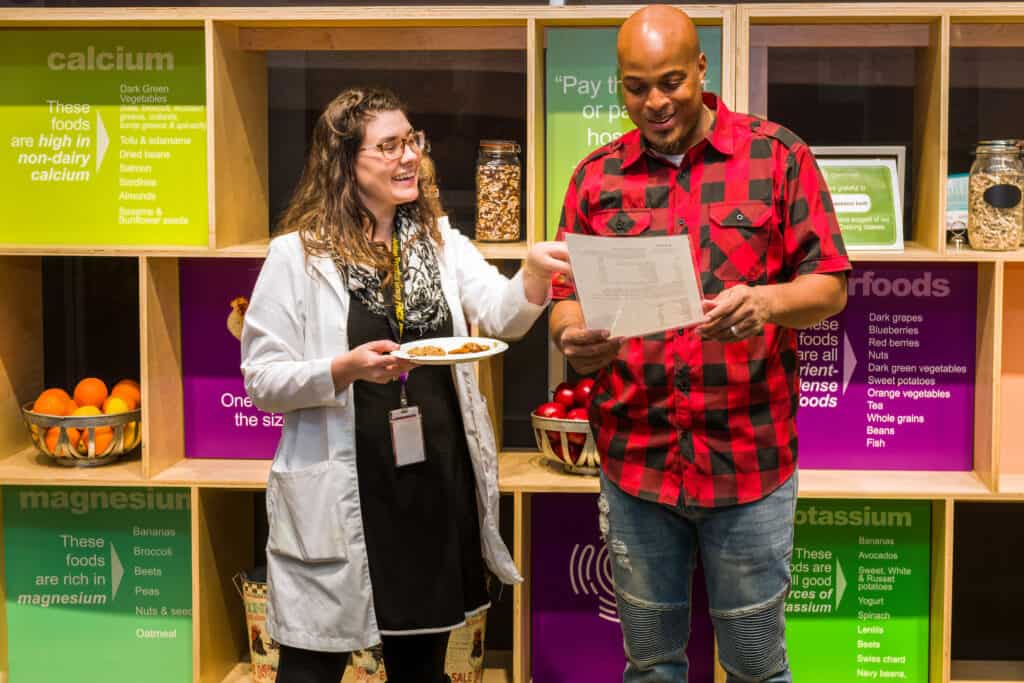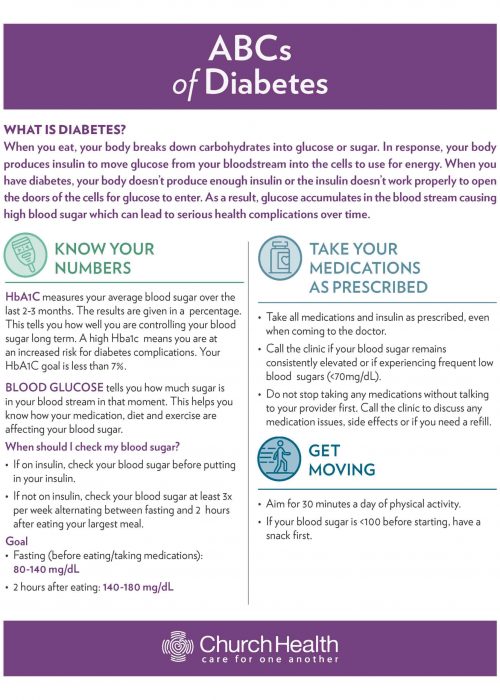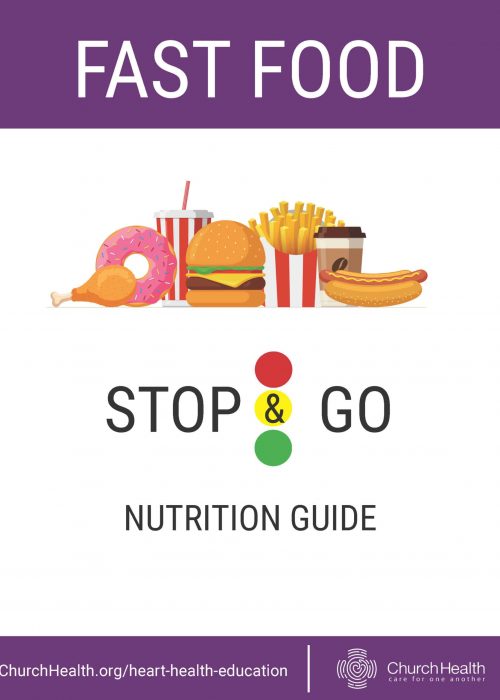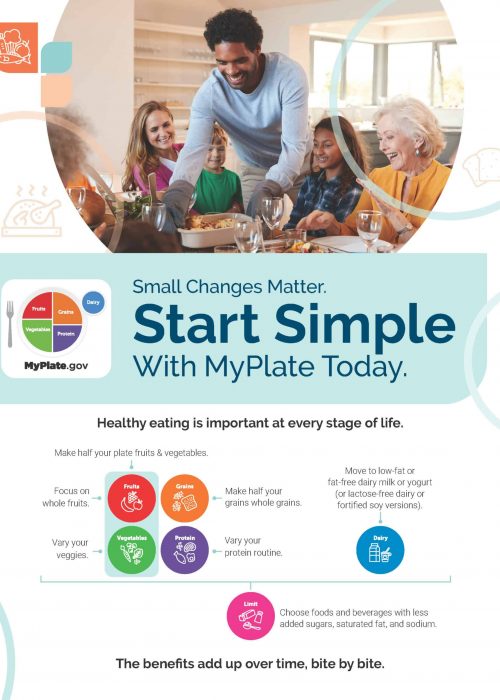Diabetes Self-Management
Learn the Basics of Managing Diabetes
To begin click on the Module 1 video below and continue through each video module until you have completed all four modules. Please let our registered dietician or health coach know when you have completed each video.
ABCs of Diabetes (English)
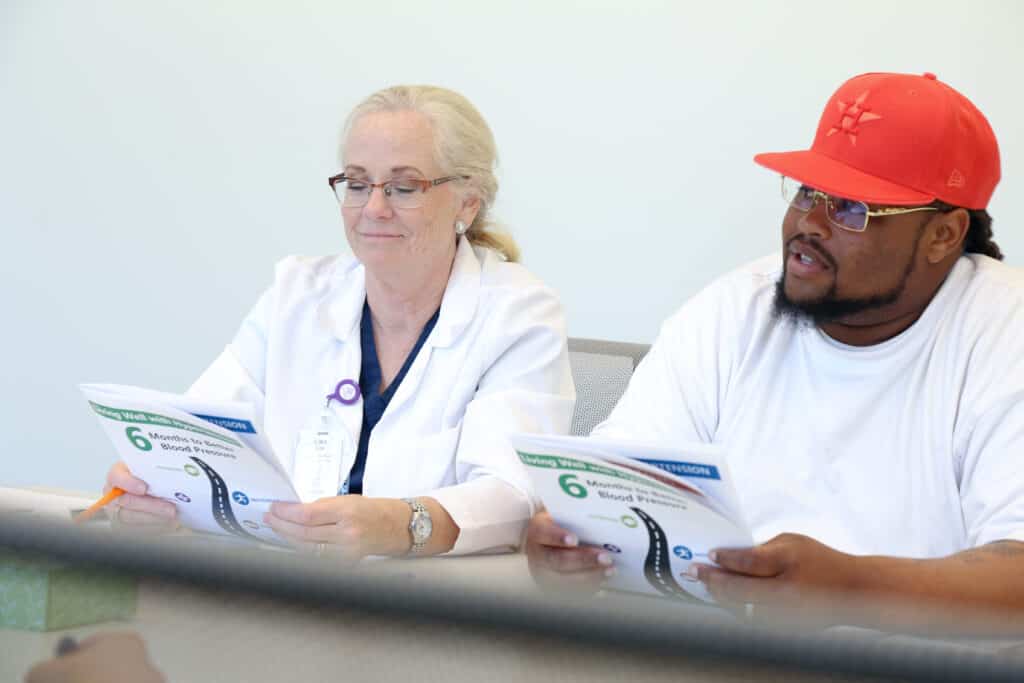
Know your Risk for Diabetes
When you eat, your body breaks down carbohydrates into glucose or sugar. In response, your body produces insulin to move glucose from your bloodstream into the cells to use for energy. When you have diabetes, your body doesn’t produce enough insulin or the insulin doesn’t work properly to open the doors of the cells for glucose to enter. As a result, glucose accumulates in the blood stream, causing high blood sugar. This can lead to serious health complications over time.
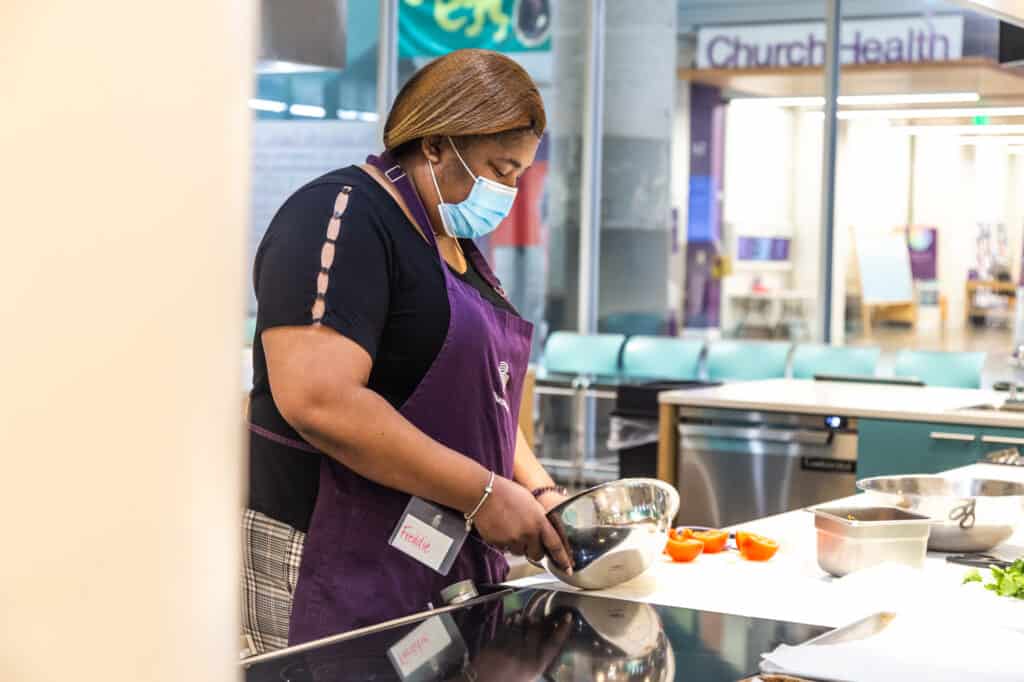
Success Strategies for Preventing Diabetes

Follow a Heart-Healthy Diet

Get Moving
When you enjoy being active, you’re more likely to do it more often.
Any physical activity is better than none. Aim for at least 30 minutes a day of physical activity. Exercise helps lower blood pressure over time.
Blood Sugar
less than
fasting between:
after meals (1-2 hours):
80–140
140–180
A1c (average blood sugar)
less than
7.0
Blood Pressure
less than
140/90
Total Cholesterol
less than
200
LDL (bad) cholesterol
less than
HDL (good) cholesterol
more than
100
40
Know Your Numbers
HbA1C measures your average blood sugar over the last two or three months. The results are given in a percentage. This tells you how well you are controlling your blood sugar long term. A high Hba1c means you are at an increased risk for diabetes complications. Your HbA1C goal is less than 7 percent.
Blood glucose tells you how much sugar is in your blood stream in that moment. This helps you know how your medication, diet and exercise are affecting your blood sugar.
Goal:
Fasting (before eating/taking medications): 80–140 mg/dL
2 hours after eating: 140–180 mg/dL
Heart-Healthy Eating
Eating healthy doesn’t have to mean dieting or giving up all the foods you love. Learn how to ditch the junk, give your body the nutrient-dense fuel it needs, and love every minute of it!
